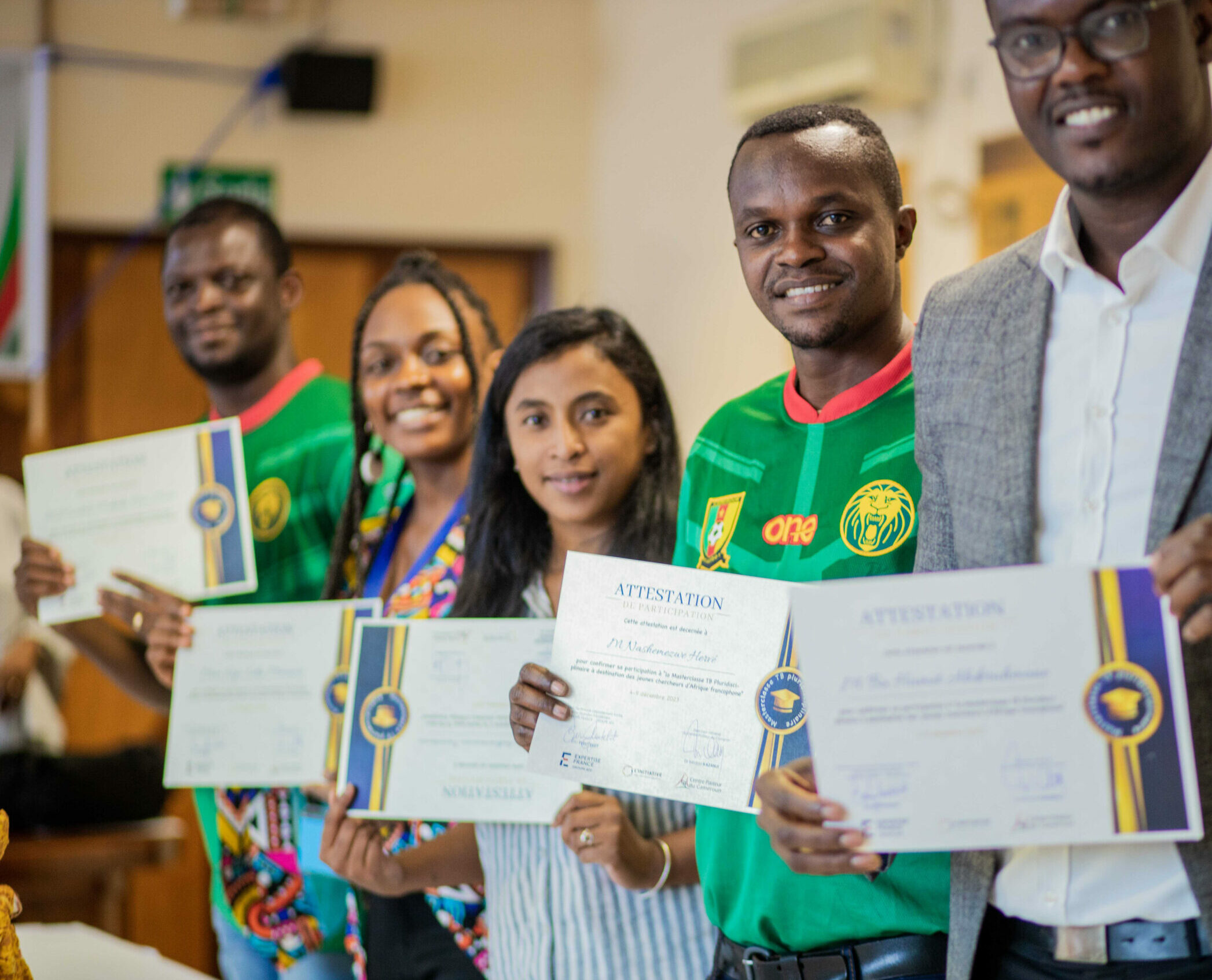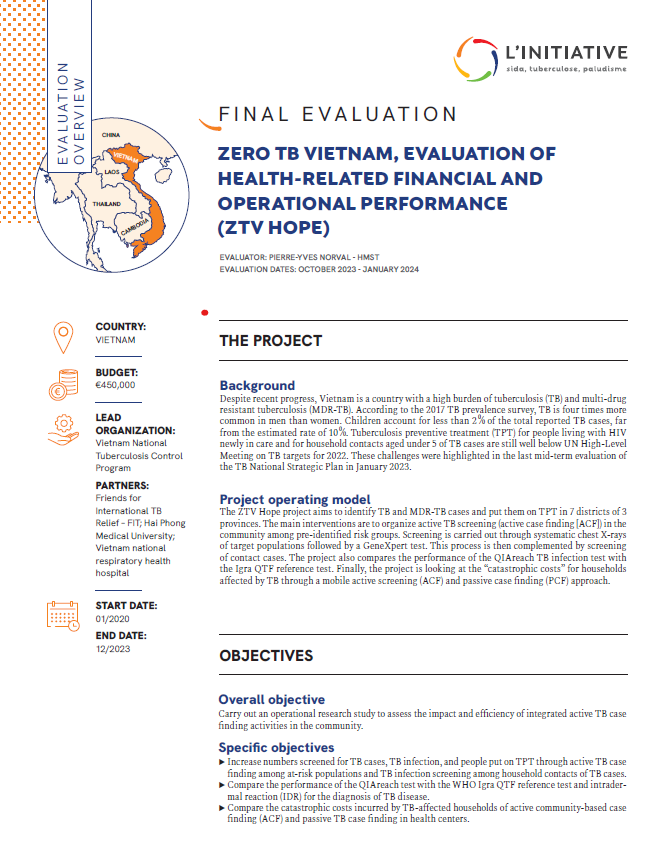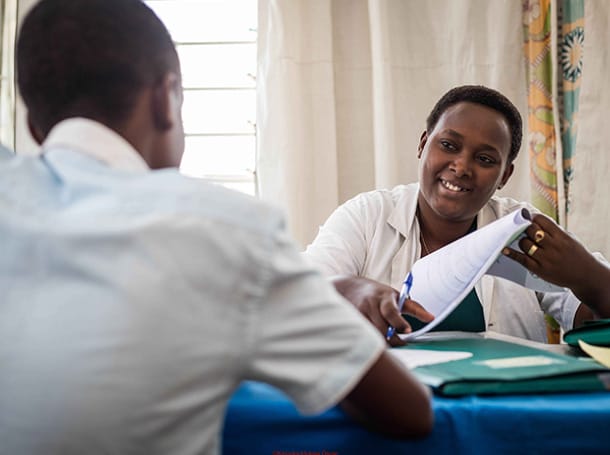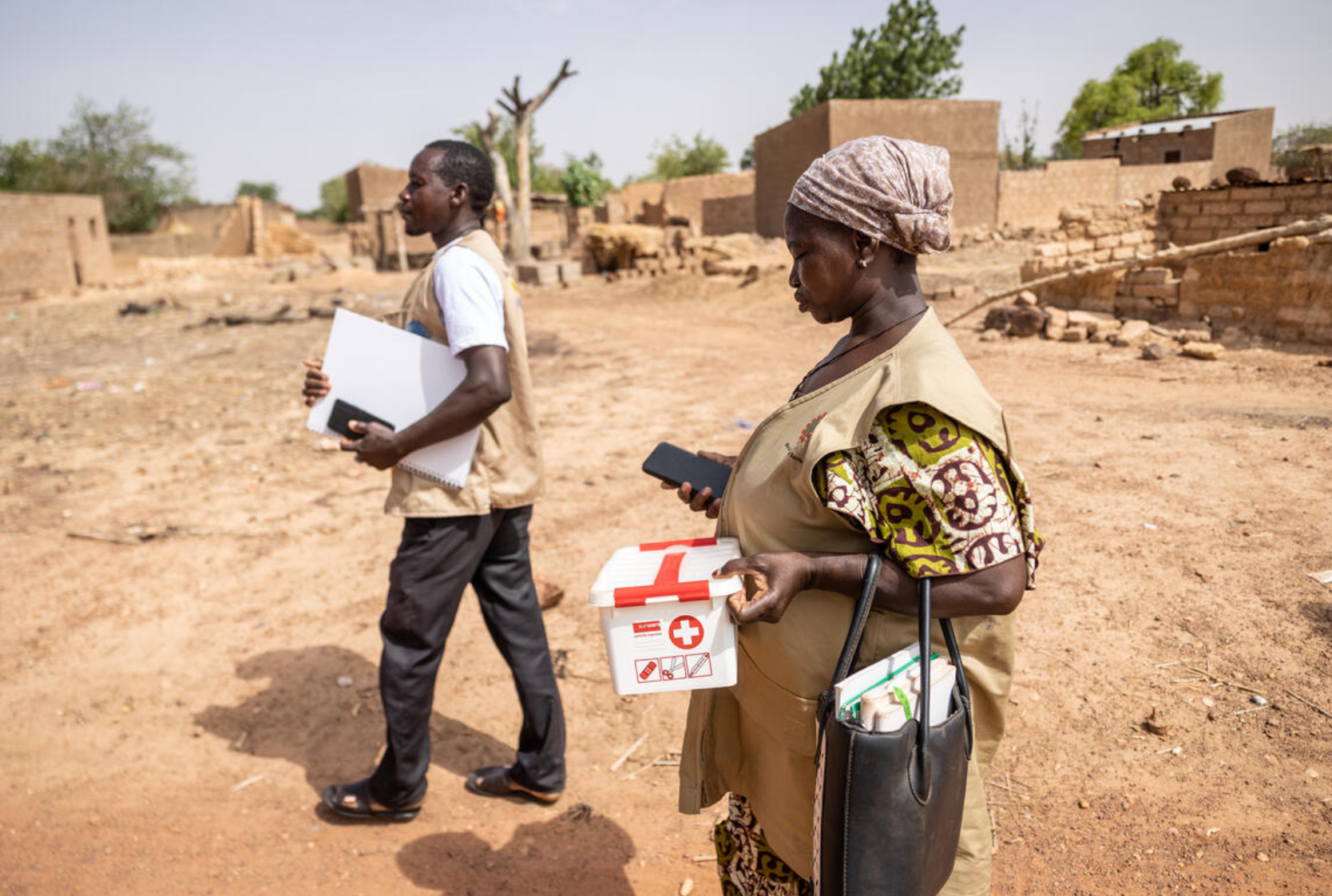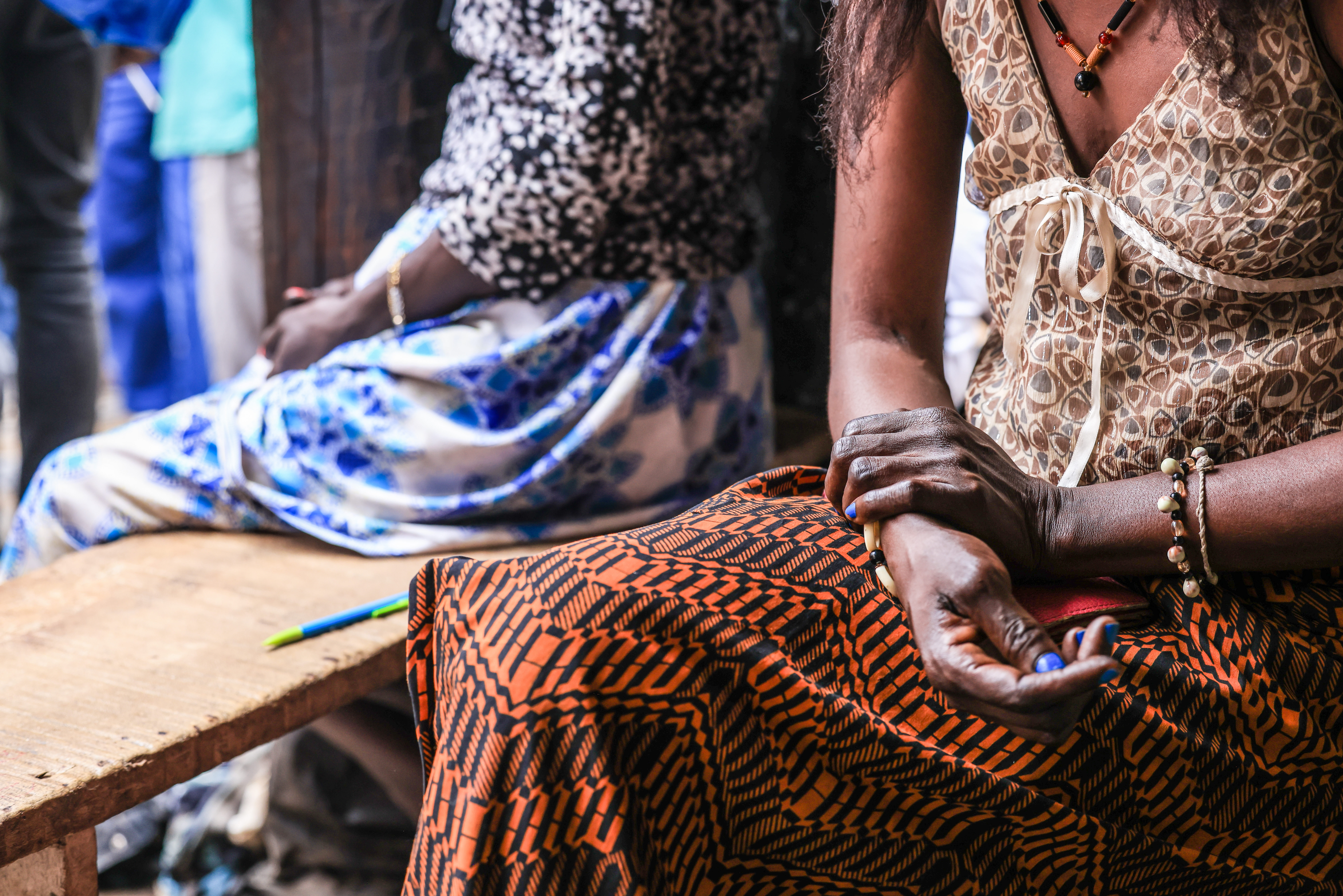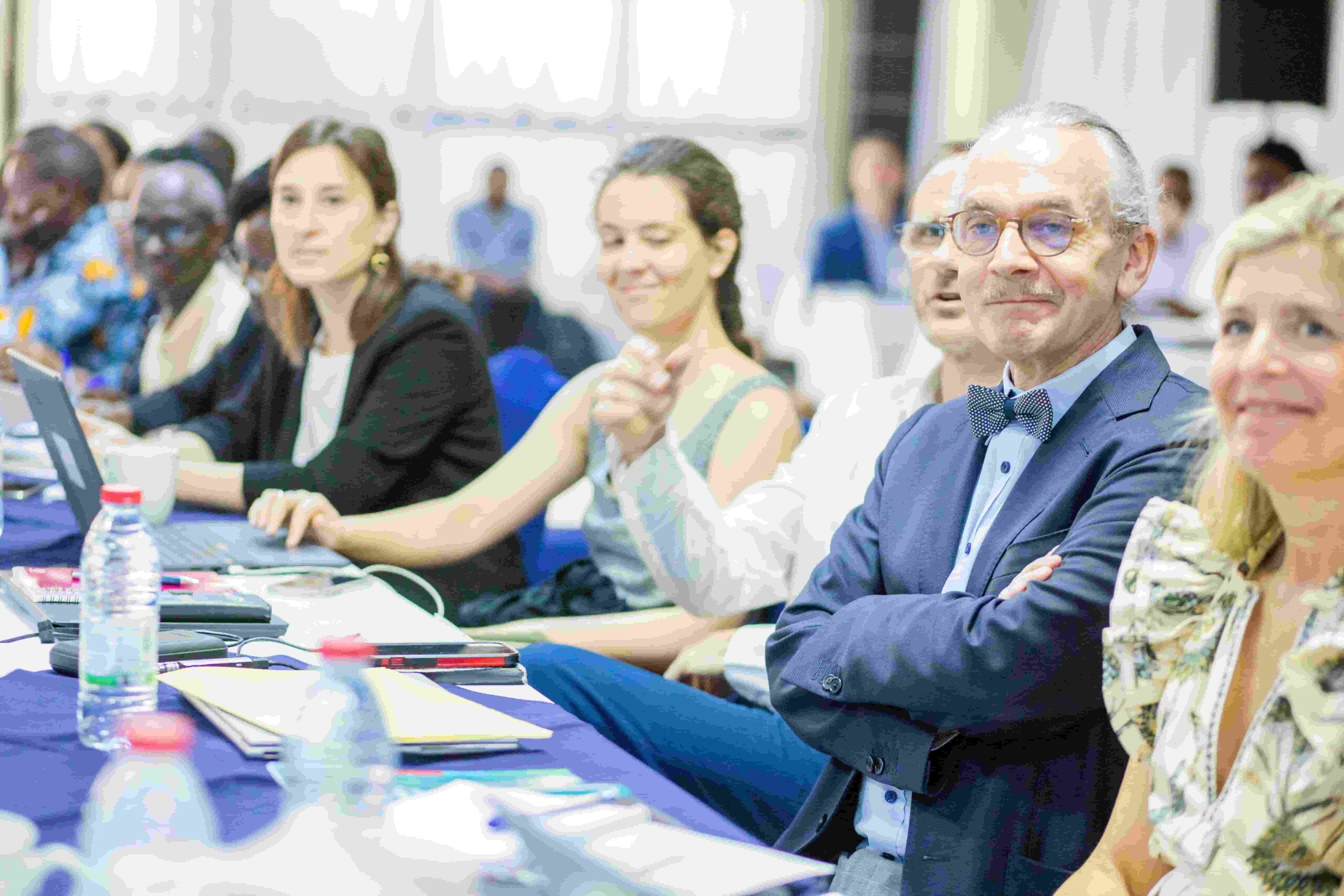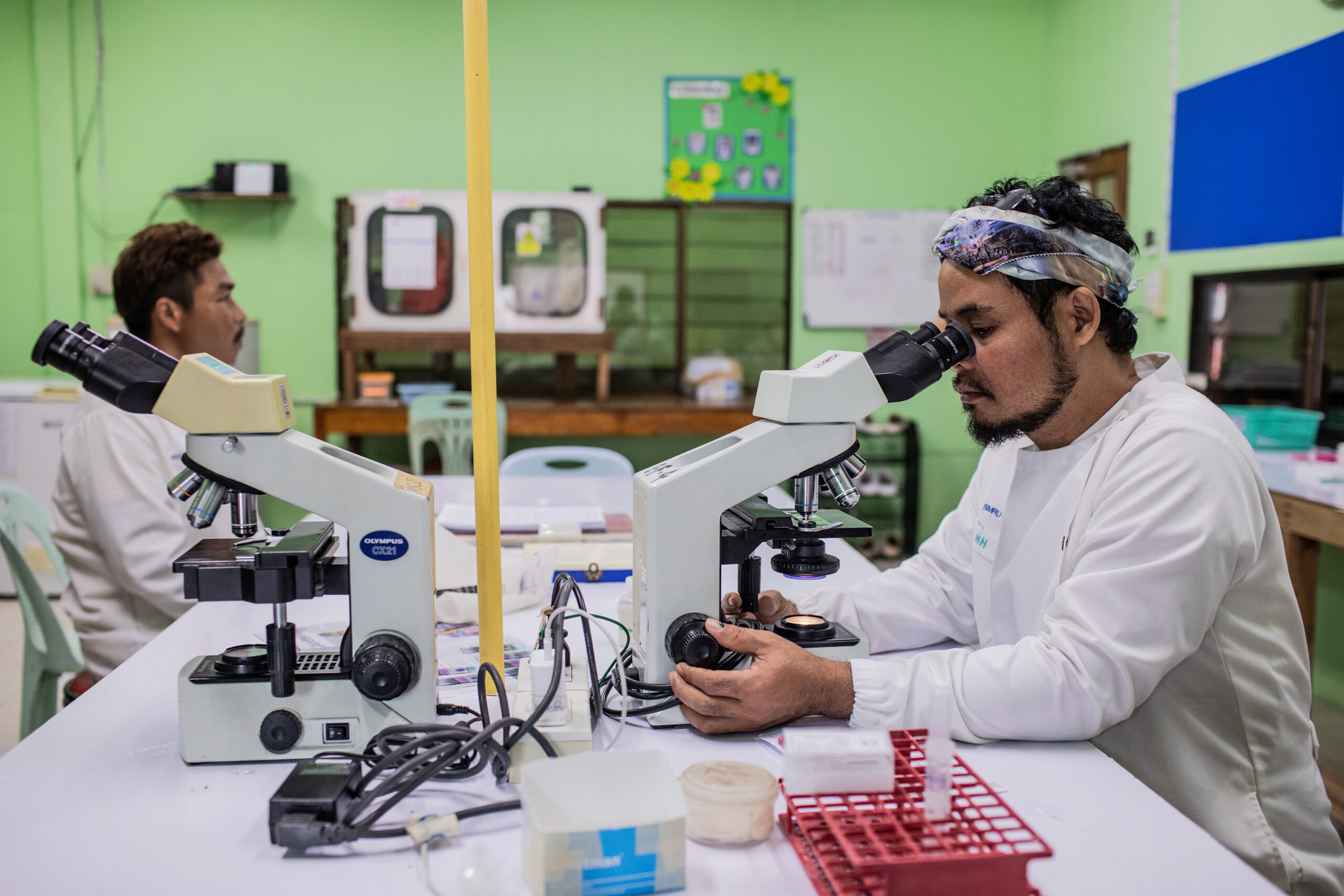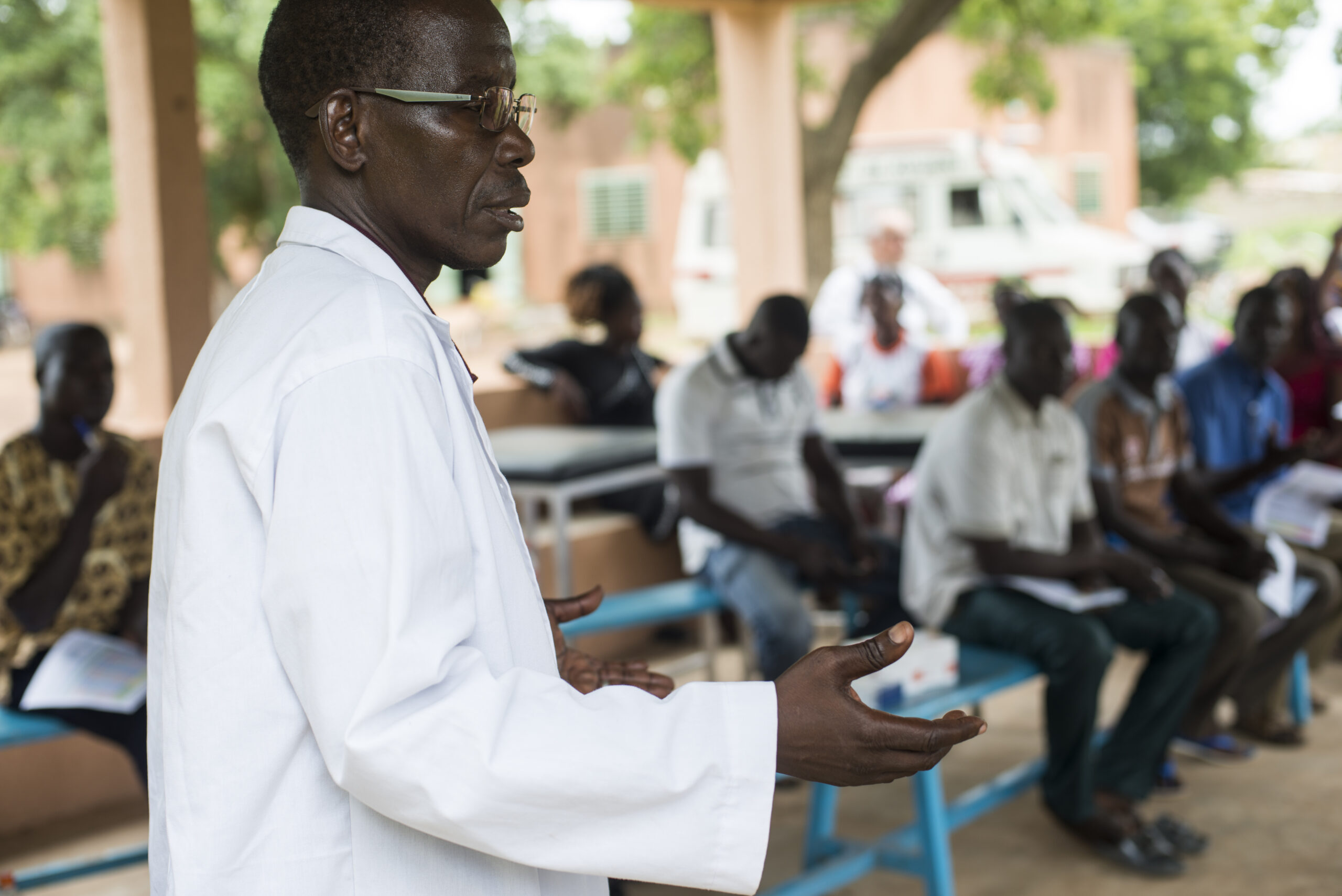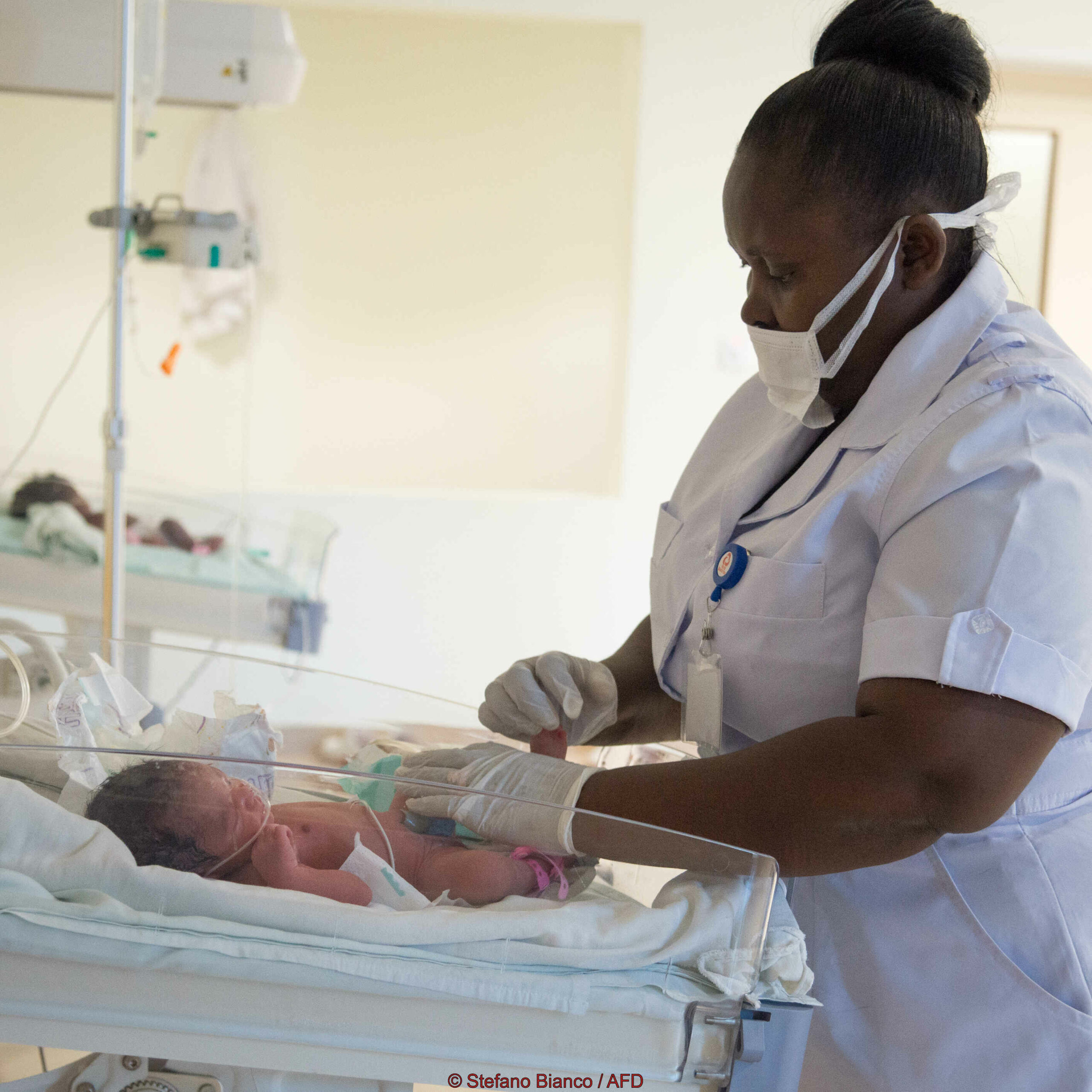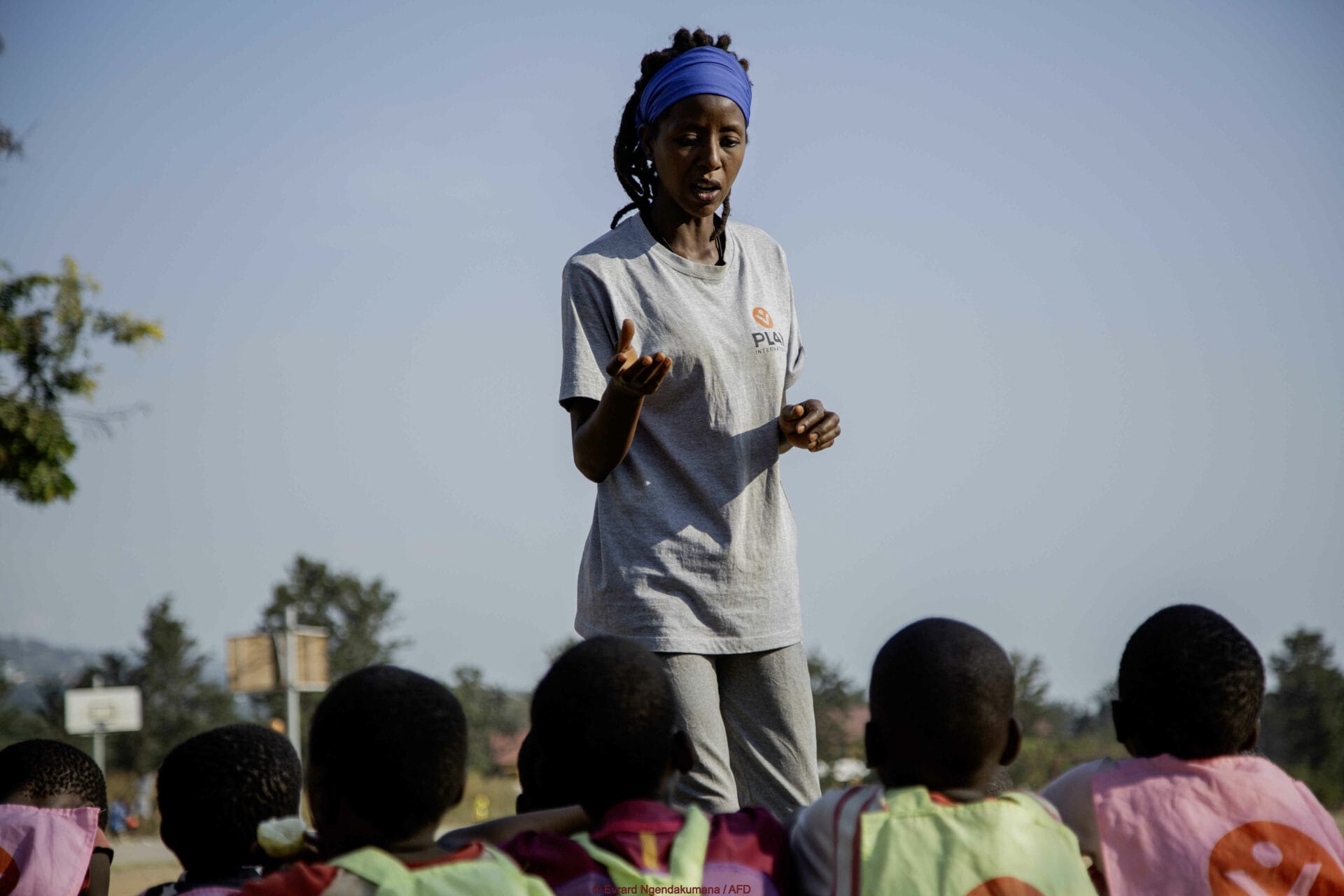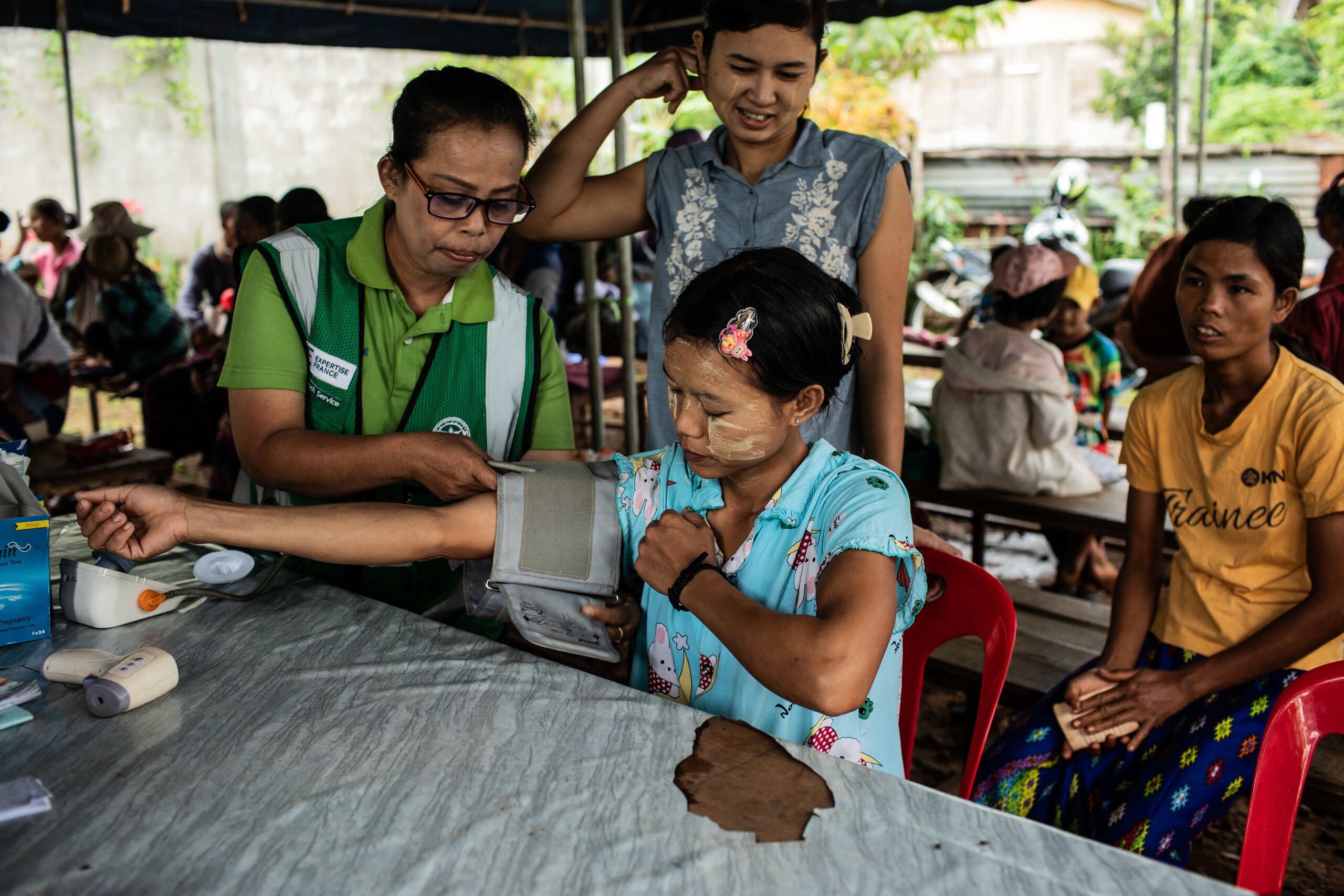Dr. Sara Eyangoh, molecular microbiologist, is a researcher and scientific director of the Centre Pasteur in Cameroun since 2012. In last December, she hosted the tuberculosis masterclass in order to teach young researchers of Francophone Africa about tuberculosis challenges, and reinforce human resources in health (HRH) in the region.
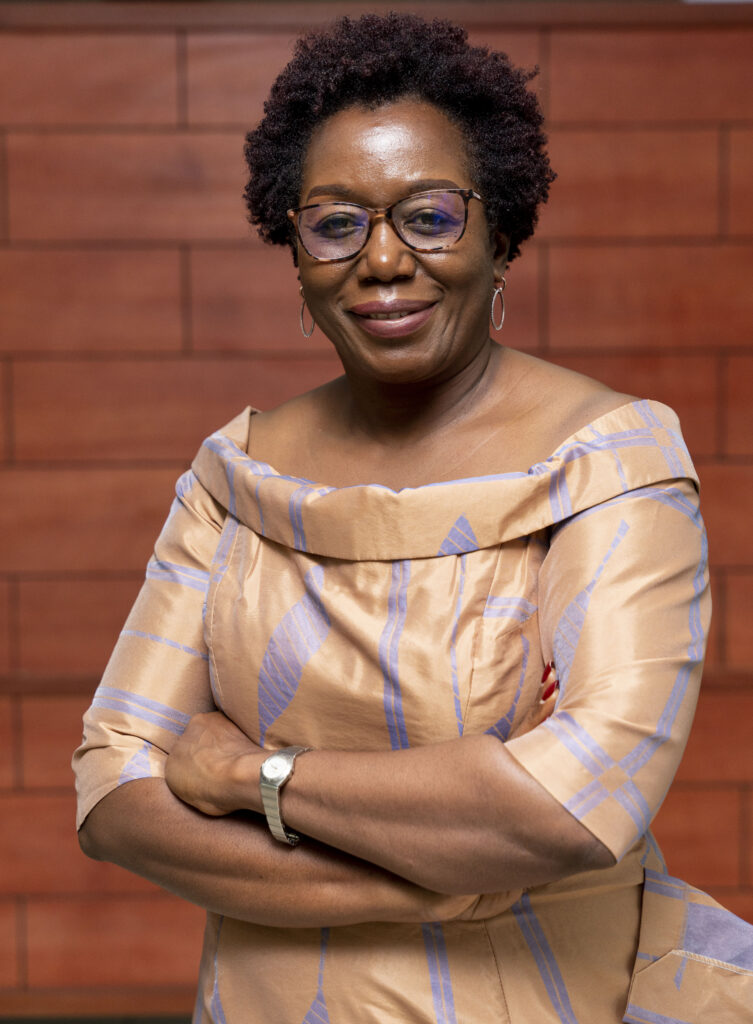
Sara Eyangoh
Researcher and scientific director of the Centre Pasteur in Cameroun.
Why did you organize this first masterclass on tuberculosis?
We created this masterclass to enhance training for the next generation of researchers in Francophone Africa. We need them to better contribute to the fight against tuberculosis with a multidisciplinary approach. This intensive one-week training program provides an overview of current scientific developments and research challenges related to tuberculosis. It addresses a gap in Sub-Saharan Africa by covering fundamental research, public health, and social sciences.
What topics did you cover during this week of training?
Our sessions covered diagnosis, treatment and resistance, prevention, and vaccines. We also invited anthropologists and health economists to participate. In addition, we formed groups to support young researchers in setting up research projects that meet the very operational objectives of tuberculosis control programs.
Who were the participants?
We received numerous applications from 16 different countries for 30 openings. We welcomed young doctors, PhD students, and master’s students in public health. Some are already working on research projects funded by their country’s national tuberculosis program. We also welcomed veterinarians. Bovine tuberculosis is a zoonosis, which means it can be transmitted to humans. Therefore, a One Health approach is necessary to bring together all the expertise and fight against all forms of the disease.
Are you planning any future editions?
This first masterclass was a wonderful experience. We hope to be able to organize another one in 2025, in the same multidisciplinary format, with the support of L’Initiative. This year, we also launched a call for projects, only for the masterclass participants: the aim was for each student to submit an operational research project that meets the needs of his or her country’s national program, aiming to improve patient care. Our ambition is really to train a critical mass of young researchers in sub-Saharan Africa and help them get their careers off the ground.
What are your current research perspectives in the fight against tuberculosis?
In March 2024, we completed a project to improve the management of latent infections, supported by L’Initiative, which targets people who are in contact with sick people, the most likely to develop the disease. This is a major challenge if we are to put an end to the tuberculosis epidemic. We have sought to improve our screening method, with the help of a cohort study of patients’ families and friends.
What are your concrete courses of action?
We need to set up operational projects to facilitate the initiation of treatment for the most vulnerable groups: family and friends of patients, people living with HIV, children under 5. The WHO strategy recommends putting all these people on preventive treatment. Unfortunately, there are socio-demographic barriers to such objectives: family reluctance to put children on treatment who appear to be in good health, or the shame associated with a disease that is not understood in certain communities.
We know that community workers are a key link in the screening and treatment of tuberculosis. We need to train them better, give them a higher profile and help them find financial independence, so that they can continue their essential work.
Our action is therefore multi-faceted: fundamental research, to better understand how the disease spreads; operational research, to understand the social, anthropological and economic barriers to our prevention and treatment approaches; the evaluation of new diagnostic tools; and the organization of treatment and prevention in the field. It is only through this global approach that we will succeed in eradicating tuberculosis.
